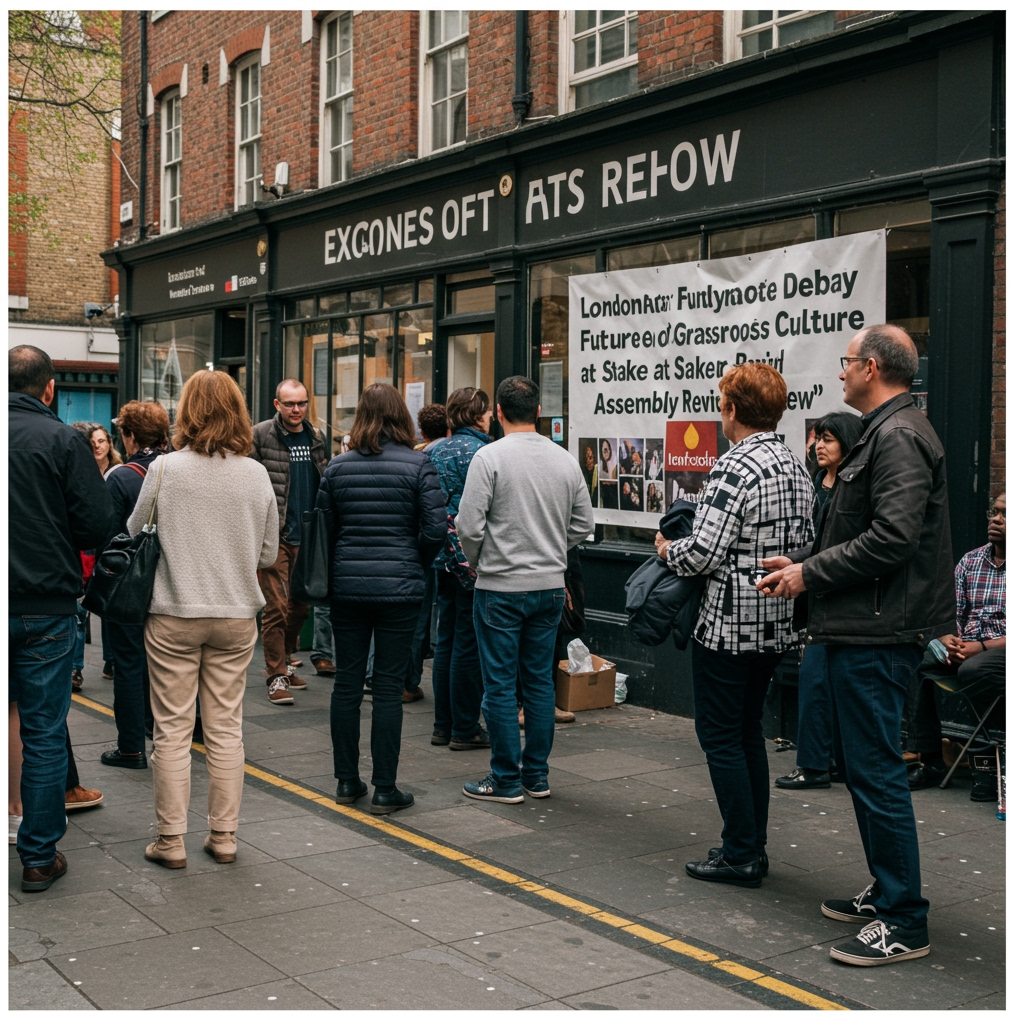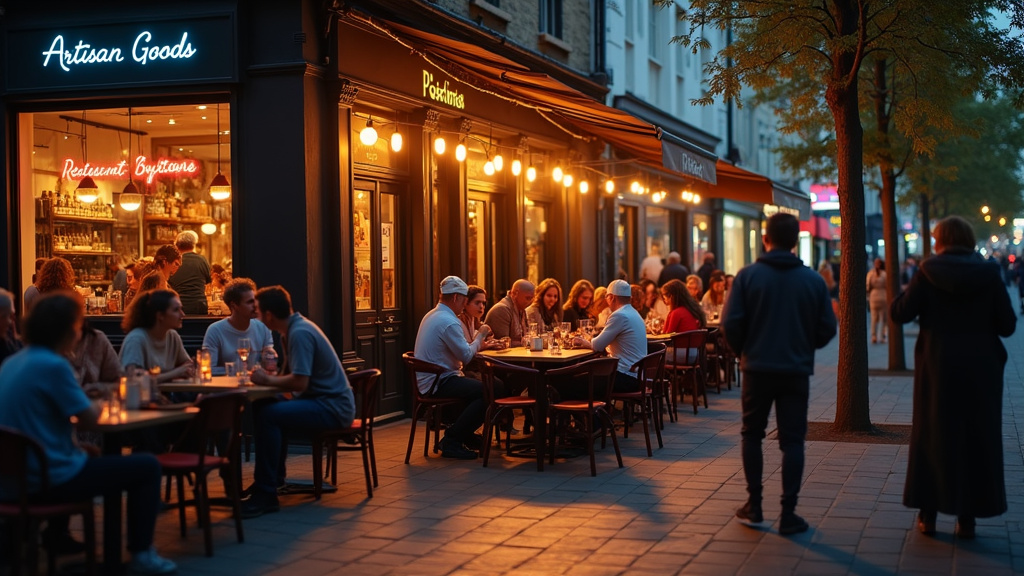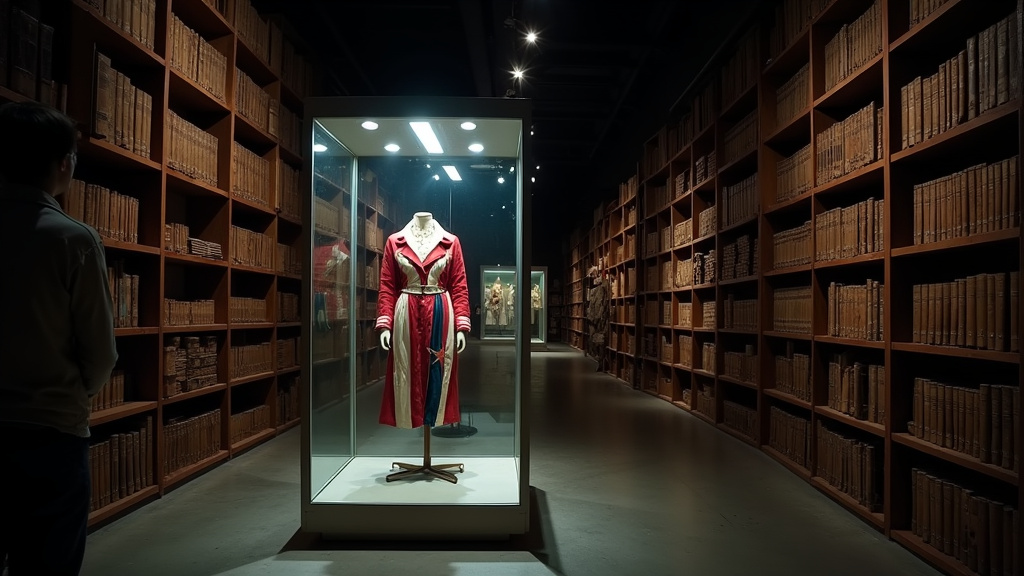London Assembly Grapples with Future of Arts Funding Amid Significant Budget Review
London, UK – On June 9, 2025, the London Assembly convened for a pivotal session addressing the future allocation of financial support for grassroots arts and community cultural projects across the capital. The meeting became a focal point for a broader debate concerning the direction of London’s cultural investment strategy, set against the backdrop of a comprehensive budget review process.
A new proposed budget framework, originating from the Mayor’s office, has ignited discussions and considerable apprehension within London’s diverse arts sector. The framework suggests a potential, and for some, concerning, shift in funding priorities. Under this new model, there is a proposed emphasis on directing investments towards digital platforms and large-scale regeneration zones. While proponents of this approach argue it could foster innovation, expand reach through technology, and integrate cultural development into significant urban renewal efforts, critics voice profound concerns about its potential impact on the foundational elements of London’s cultural landscape: its smaller, independent, and deeply community-rooted arts initiatives.
Leaders representing networks of these smaller organizations have been particularly vocal. The “Culture Connect” network, which advocates for a wide array of independent arts groups operating at the local level, has highlighted the potential adverse effects of such a strategic redirection. They argue that focusing predominantly on digital realms and major regeneration sites risks neglecting the vital, often unseen, work being done in boroughs across London, providing accessible cultural experiences and fostering social ties within neighbourhoods.
Central to the critical arguments raised during the Assembly session was the recent report published by the London Arts Council last month (May 2025). This significant document provided compelling evidence challenging the notion that smaller, locally focused arts projects are somehow less impactful or economically viable than larger initiatives. The report specifically demonstrated the substantial social cohesion and economic benefits generated by local cultural initiatives. It cited examples in boroughs such as Hackney and Lambeth, illustrating how these organizations, often operating on significantly limited budgets, deliver disproportionately high returns in terms of community engagement, local employment, and social well-being.
Critics pointed out that diverting funds away from these proven models of local impact could lead to a fragmentation of London’s cultural ecosystem, leaving behind communities that rely on accessible, local arts programming for enrichment and connection. The report’s findings served as a powerful counterpoint to the Mayor’s proposed framework, reinforcing the argument that continued investment in the grassroots level is not merely socially desirable but also economically sound and crucial for the city’s overall resilience and vibrancy.
The debate in the Assembly underscored the tension between different visions for London’s cultural future. One perspective champions scaling up, embracing digital transformation, and integrating culture into large-scale urban development projects, aligning arts funding with broader economic regeneration goals. The opposing view, strongly supported by the findings of the London Arts Council report and advocated by groups like “Culture Connect”, emphasizes the irreplaceable value of hyper-local cultural work, its role in building strong communities from the ground up, and its ability to reach diverse populations who might not engage with large-scale or digital-only initiatives.
Assembly members heard testimonies and reviewed data presented by various stakeholders, including representatives from the Mayor’s office defending the strategic rationale behind the proposed framework and arts leaders detailing the tangible impact of their work in communities like Hackney and Lambeth. The complexity of balancing innovation, reach, and local impact within a constrained budget was a recurring theme.
The Assembly session on June 9th was a crucial step in the review process, bringing these differing perspectives into public debate. However, it was not the final decision point. A definitive decision on the final funding model for London’s arts and cultural projects is anticipated by the end of the month (June 2025). This timeline allows for further consultations with stakeholders, providing an opportunity for additional input and potentially refining the proposed framework based on the concerns raised and evidence presented, particularly the findings from the London Arts Council report.
The outcome of this budget review holds significant implications for the future landscape of arts and culture in London, determining whether the focus shifts towards large-scale and digital platforms or if continued, robust support for the vital grassroots initiatives that underpin the city’s diverse cultural fabric will be maintained.





